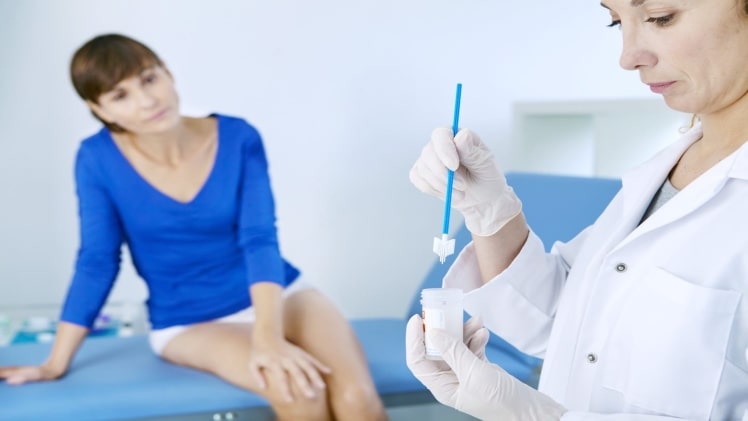A Pap smear test can help establish if you have cervical cancer. During your Upper West Side Pap smear appointment, the healthcare provider will gently swab or scoop cervical cells to look for changes that might develop over time, causing cervical cancer. Though the test checks for abnormal cells likely to cause cervical cancer, your doctor will not use it to screen for sexually transmitted infections (STIs) like chlamydia. However, you might ask the medical professional for extra tests to check for STIs during the appointment. A Pap smear is not a preserve for sexually active individuals. Though most cases develop from HPV (an STI), not all strains of the disease stem from the STI.
When would you not consider going for a Pap test?
Though a Pap smear is vital, there are a few instances that might make you and your healthcare provider consider the test no longer necessary. They include:
Old age. Your doctor might advise you to stop going for the test after you hit 65 years, especially if your previous screenings came out negative.
After hysterectomy. A total hysterectomy entails removing your uterus and cervix might also be a reason why your primary physician might suggest you stop going for the screening. However, there are exceptions. You might stop going for a Pap smear if the medical expert performed the procedure on the grounds of non-cancerous conditions like fibroids or endometriosis. On the other hand, you might still need to continue with the cervical cancer screening test if the treatment was for a precancerous or cancerous concern.
Talk to your primary physician before you consider stopping a Pap smear. The medical professional will help you decide what best suits your unique situation, depending on your risk factors. You might continue Pap testing if you are sexually active or have multiple partners.
What are the risks you might have with Pap testing?
A Pap test is safe and effective. However, you can also have false-negative results with the test. Thus, the test might show you do not have any abnormalities when your cervix has abnormal cells. However, false results do not necessarily mean that your healthcare provider made a mistake. Factors likely to contribute to false-negative results include:
- Inadequate cells collection
- A less significant percentage of abnormal cells
- Blood, pus, or inflammation veiling abnormal cells
Cervical cancer takes years to develop and advance. Thus, you still have another test to check for abnormalities if the previous test did not yield results.
What should you do before a Pap smear?
Your doctor might suggest the following tips before a Pap test:
- Avoid sexual intercourse or using vaginal medications and spermicidal foams at least two days before the test as they might obscure or clear abnormal cells.
- Do not schedule the test during your menses since the menstrual flow might prevent you from getting accurate results.
Though you might feel uncomfortable, a Pap test is fast and will not last long. It takes approximately ten minutes for the medical professional to take samples of your cells. The healthcare expert might also take tissue samples if he suspects abnormalities for further evaluation. Schedule your Pap smear appointment with your doctor to help detect the presence of abnormal cervical cells and minimize your risk of developing cervical cancer.
Here you can find out the best online web portal tvwish for the latest news. And this is also indvox the best for you. You can get more information about the mizz bond picuki.

